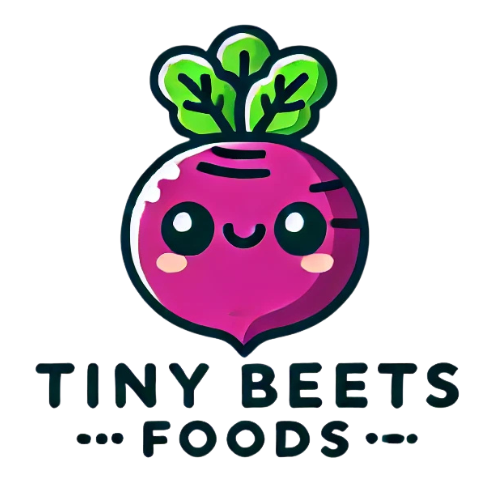
As you introduce more foods to your baby’s diet, you may notice that some don’t agree with their tummy or they may even have a serious reaction to certain foods. Let’s explore the differences between a food intolerance and food allergy and some signs to look for if bub is reacting to certain foods.
Food Intolerance
Food intolerance means the body is having trouble digesting certain foods or the digestive system is irritated by a particular food group. A few symptoms that may indicate an intolerance are vomiting, diarrhoea, bloating, gas, cramps, belly pain, irritability and mouth ulcers. It’s important to note that symptoms are often delayed and your bub may be reacting to the food they ate hours or even days ago.
The most common food intolerances are to:
- Lactose
- Wheat
- Food additives (artificial preservatives & MSG)
- Fructose (sugar in fruit)
- Caffeine
- Natural food chemicals (amines & salicylates)
The most common diagnosis method is through an elimination diet. This means removing a number of foods that your baby may be intolerant to from their diet for a few weeks. Certain foods are then slowly re-introduced to work out what they react to.
Food Allergies
A food allergy is when the immune system sees a particular food as a threat to the body. The body then reacts by releasing histamine into the body’s tissue, which causes an allergic reaction. Some reactions are instant and whereas others are delayed by up to several hours.
Mild to moderate symptoms include swollen lips, face or eyes, hives, changes in skin colour (red, brown, purple or grey), tingling or itchy mouth, stomach pain, vomiting, diarrhoea, sneezing and a blocked nose.
Severe symptoms (anaphylaxis) include difficulty breathing, swelling of the tongue or throat, difficulty talking, wheezing or coughing, persistent dizziness, fainting, paleness and severe stomach pain, vomiting or diarrhoea.
The most common food allergies are:
- Shellfish
- Fish
- Cow’s Milk
- Peanuts
- Tree Nuts (pistachios, hazelnuts, macadamias, walnuts, pecans)
- Sesame
- Wheat
- Eggs
- Soybeans
If you suspect that your baby may have an allergy, it’s best to speak with your GP to discuss appropriate testing. Please keep in mind that Anaphylaxis is a life-threatening reaction that requires urgent medical attention.
